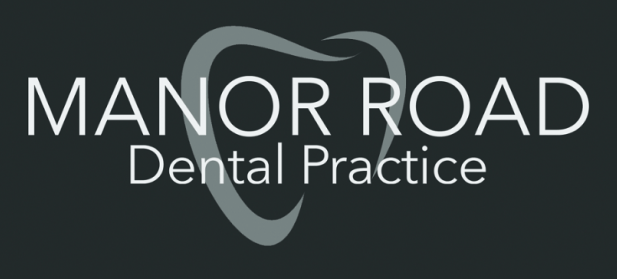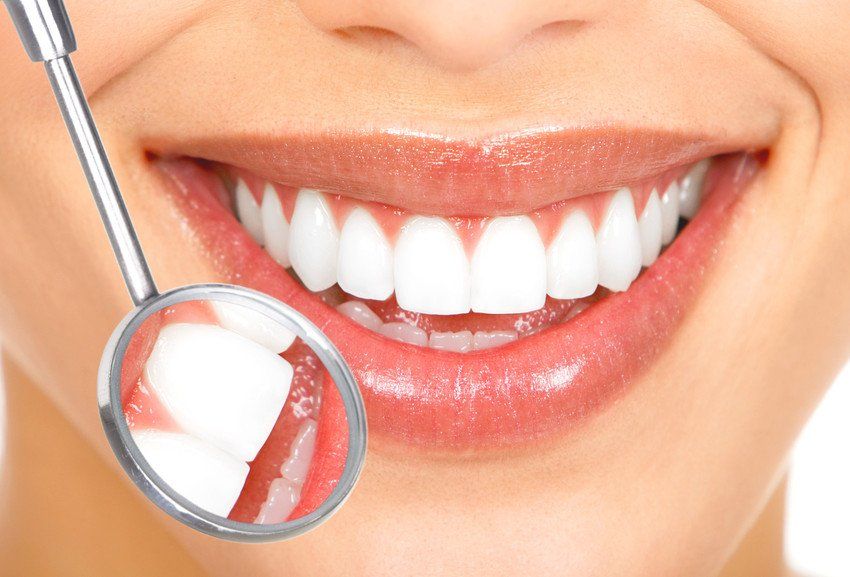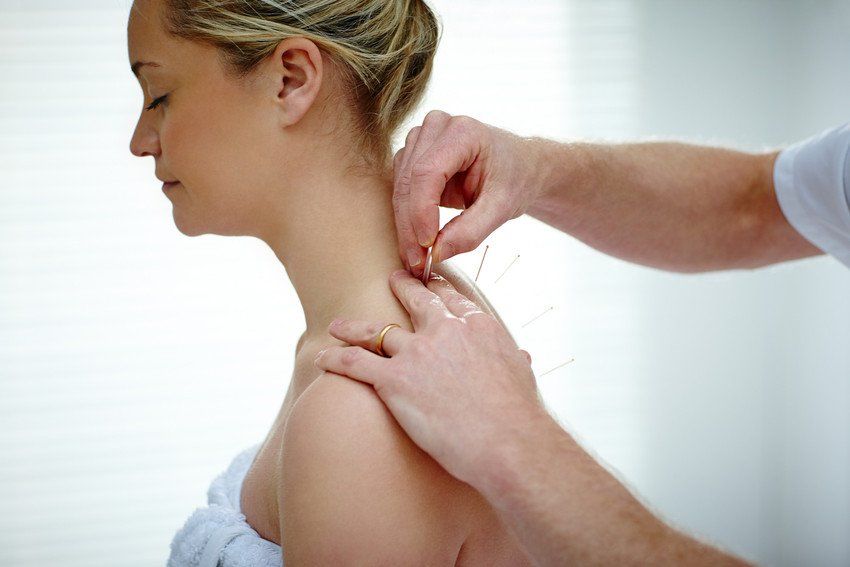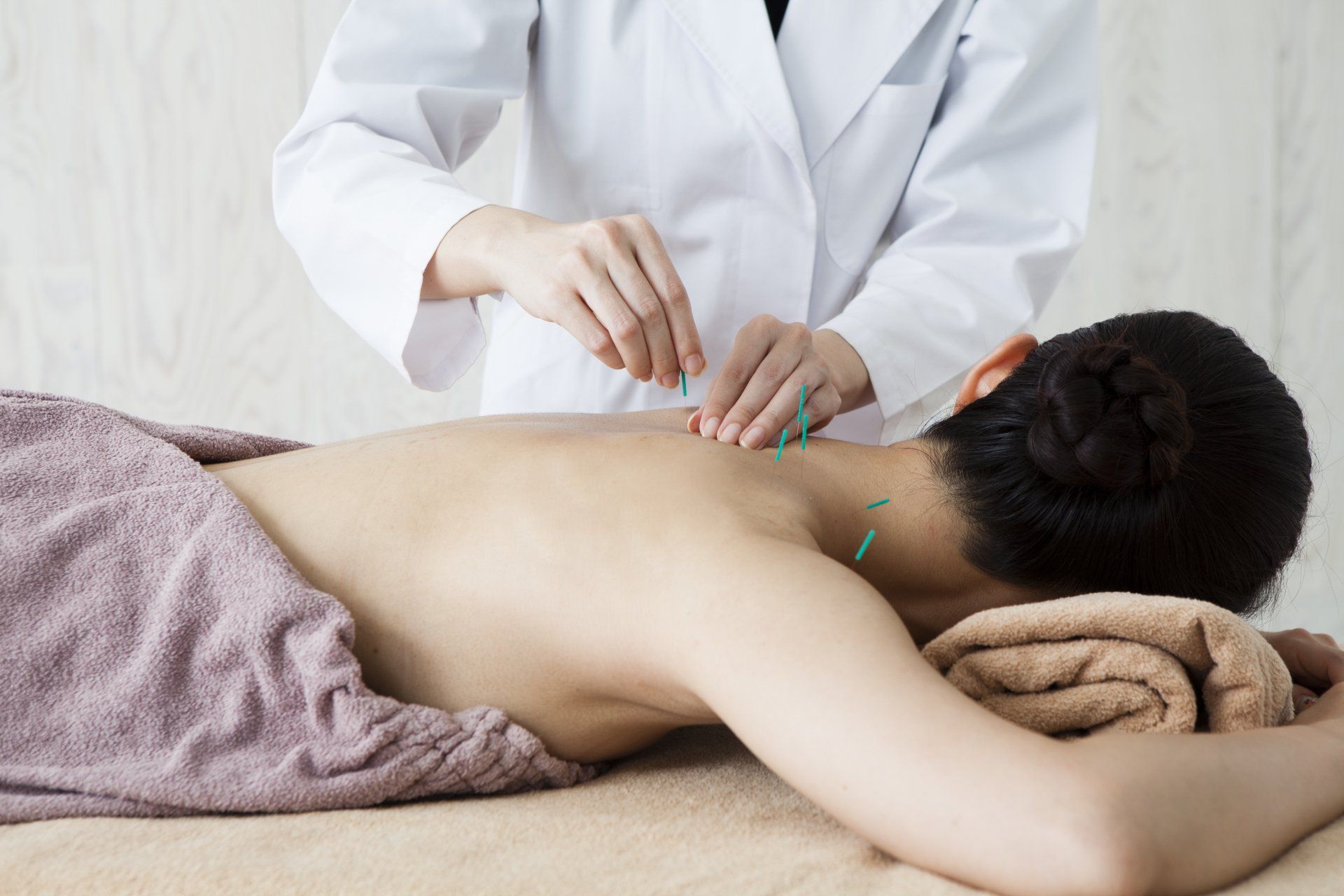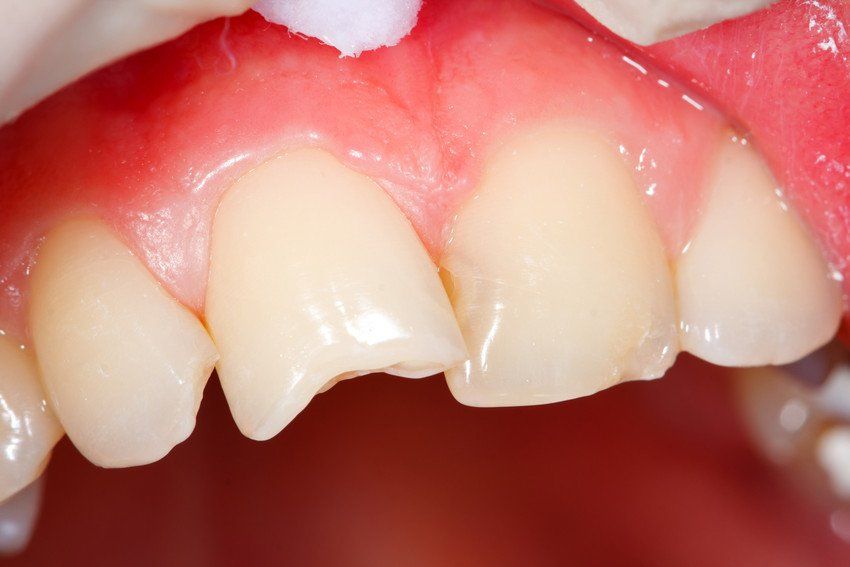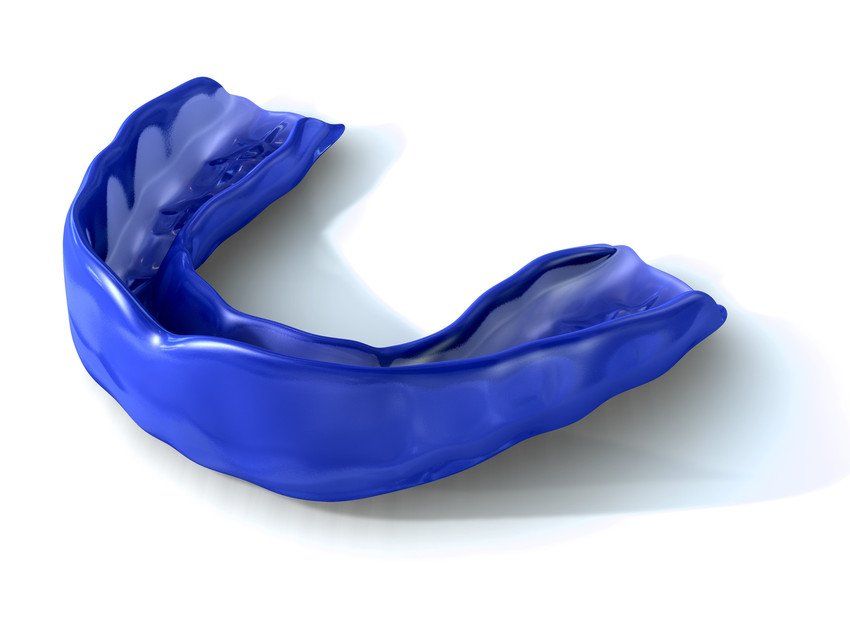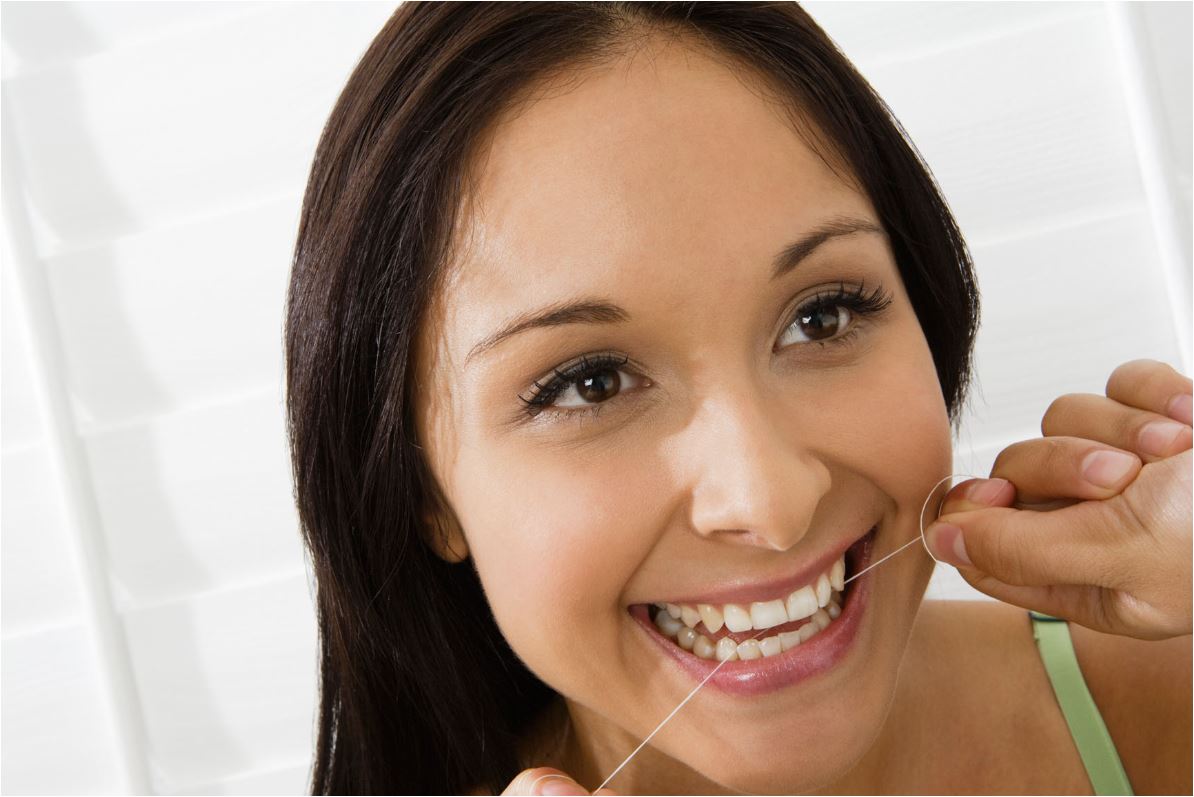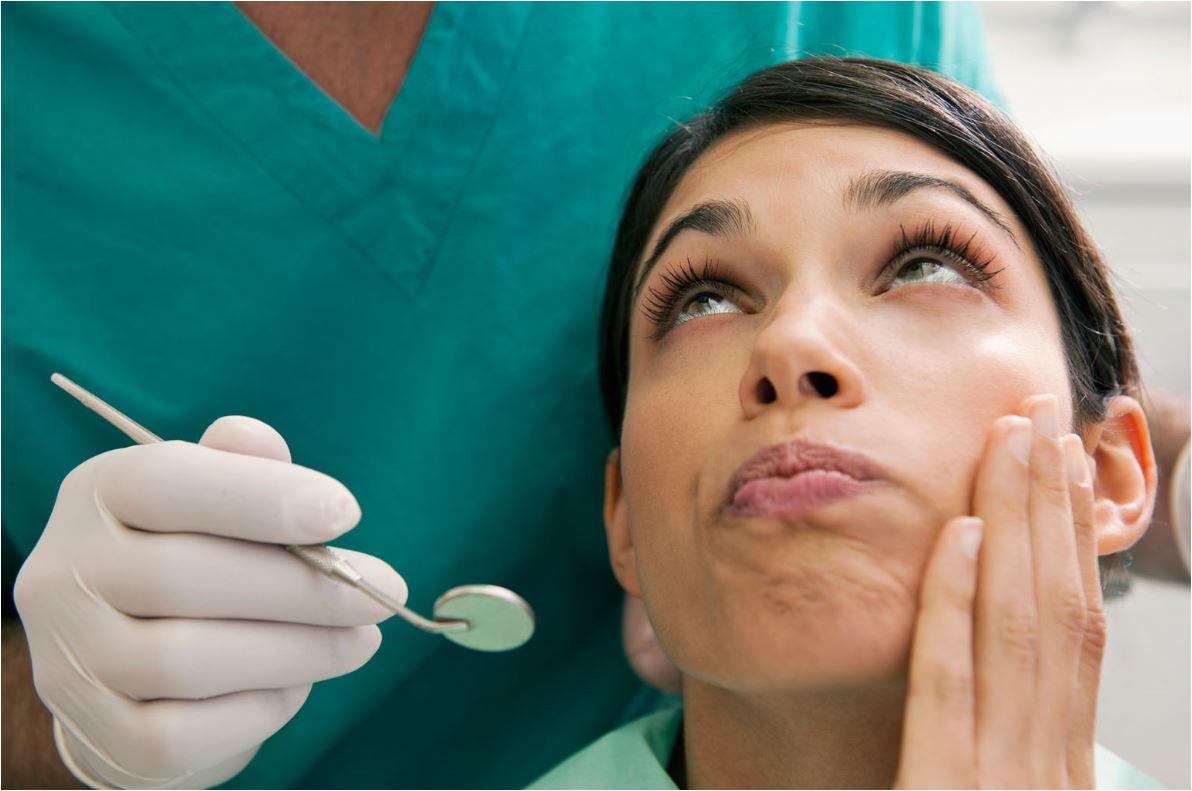Reasons to Find a Reliable Dental Clinic As You Get Older
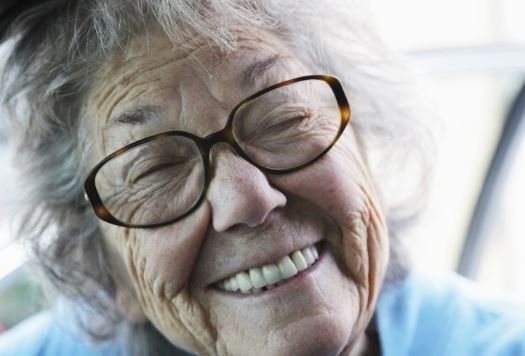
At any age, caring for your teeth and gums is a crucial part of your everyday life.. Even if you feel there’s nothing amiss, it’s still important to see your dentist regularly for checkups.
The UK is facing significant changes in relation to its elderly population. The amount of older people is ever-increasing, around one in 12 people around the world are 65 and over, and this figure is expected to double in the next 30 years. Its estimated that by the year 2050 the elderly population will be equating to 1.6 billion people.
To coincide with this, a greater number of elderly people are now keeping their own teeth for much longer than previously. Despite this being undoubtedly positive, and a welcome indication that quality of life is rising, this does have implications for dental provision. Maintaining natural teeth later into life means that there is a more significant need for dental support, guidance and dental treatment and restorative work, as well as further care for unrestored teeth.
Dental clinics may find that elderly patients are more likely to encounter more demands and difficulties caring for an older person’s oral health because of their reduction in mobility, as well as losses in cognitive ability.
Elderly people who are experiencing poor standards of oral health may be in pain and discomfort, and experiencing problems in their mouth or jaw. This can lead to difficulties in eating and drinking, which in turn, can lead to nutritional deficiencies which could have an impact on the wider health of the individual.
It is crucial that elderly people receive the necessary support to maintain good oral health and know where to go to access appropriate services. With this in mind, in this blog we have outlined some of the main reasons that it is important to seek the services of a reliable dental clinic as you get older.
Frequent dental issues that a dental clinic that will be able to assist elderly patients with includes but is not limited to:
● Stained teeth. This is generally caused to some extent by alterations in dentin, the bone-like layer beneath the tooth enamel and also a lifetime of eating and drinking stain-causing foods and beverages. It is also caused by thinning of the outer enamel layer that will darken the dentin causing it to show through. Darkened teeth may be a sign of a more serious problem and should be checked by your dentist.
● Dry mouth. This is triggered by a reduction in saliva flow, which can be a result of cancer treatments that use radiation or certain diseases, such as Sjögren's syndrome. Plus, many medicines can cause dry mouth as a side effect.
● Decreased sense of taste. Whilst advancing age can impair taste, diseases, medications, and dentures can also contribute to this sensory loss.
● Root decay. This is caused by exposure of the tooth root to decay-causing acids. The tooth roots become exposed as gum tissue recedes from the tooth. Roots do not have any enamel to shield them and are much more prone to decay than the crown area of the tooth.
● Gum disease. You develop this through the build up of plaque and it is made worse by food being left in teeth, usage of tobacco products, badly-fitting bridges and dentures, an unhealthy diet, certain diseases, such as anemia, cancer, and diabetes. All of these can be an issue for older adults.
● Tooth loss. Gum disease is the main cause of tooth loss which can develop over time.
● Uneven jawbone. This is brought on by the tooth itself and then not replacing missing teeth, This allows the rest of the teeth to drift and shift into these open spaces.
● Denture-induced stomatitis. ll-fitting dentures, poor dental hygiene, or a buildup of the fungus Candida albicans causes this condition, which is inflammation of the tissue underlying a denture.
● Thrush. Believe it or not, drugs can affect the immune system and can trigger an overgrowth of the fungus Candida albicans of the mouth.
What happens during a dental checkup for an elderly patient?
If you're a senior citizen and heading for a check up, your dentist should carry out a thorough history and dental exam. Questions asked during a dental history should include:
●The approximate date of your last dental visit and reason for your visit
●If you have noticed any changes in your mouth
●If you have noticed any sensitivity
●If you have noticed any problems with tasting, chewing, or swallowing
●If you have any pain or regular bleeding in your mouth
●If you have noticed any lumps, bumps, or swelling
During an oral exam, your dentist will check the following:
●Your face and neck (for skin discoloration, moles, sores)
●Your bite (for any problems in how the teeth come together while opening and closing your mouth)
●Your jaw (for signs of clicking and popping in the temporomandibular joint);
●Your lymph nodes and salivary glands (for any sign of swelling or lumps); your inner cheeks (for infections, ulcers, traumatic injuries)
●Your tongue and other interior surfaces -- floor of the mouth, soft and hard palate, gum tissue (for signs of infection or oral cancer); and your teeth (for decay, condition of fillings, and cracks).
A professional dental practise will be able to offer guidance for caring for dentures:
Good general oral hygiene is still of crucial importance with dentures. Dentures should be adequately cared for to ensure that they work as they should, and a good dental practitioner will be able to offer guidance with this.
It is important that dentures fit well and are comfortable. They should be brushed daily with a denture care product that is non-abrasive and left in water, or a denture cleansing solution, either overnight or for a minimum of four hours each day.
If your loved one is unhappy in regards to not wearing their dentures all the time, it is more important that they are not distressed. Keeping dentures clean will decrease the chance of stainage, swollen gums and bad breath. Full and partial dentures should be treated in the same way.
After removing dentures, the tongue, gums and palate should be softly brushed with a light toothbrush.
Professional dental care for older people is essential
It is important that your loved one has regular dental check-ups. You or someone else who provides companion care could accompany them to the dental surgery and provide reassurance and support if necessary.
A dental check-up will highlight any problems so that treatment can be provided. Severe gum disease needs to be treated by a dentist, as infections that are not treated can affect oral tissues, gums and the bones that support the teeth.
If dentures become chipped, broken or do not fit well, your loved one should be seen by a dentist as soon as possible. They should also consult their dentist if there is bleeding from the gums when brushing or flossing, as this may be a sign of gum disease. The dentist also screens for serious problems such as oral cancer, so regular check-ups are essential.
Manor Road Dental - we are a dental clinic who offer extensive dental care for elderly patients as well as a range of other services including cosmetic dentistry
Here at Manor Road Dental, we provide a wide range of oral health, dental, and aesthetic services. As one of the leading Swansea dental clinics, our team of professionals have a wide range of experience in the dental and cosmetic dentistry, and we also provide dental solutions for sporting injuries.
Manor Road Dental Practice also provide customised pre-wedding dental packages to ensure fantastic smiles on your big day. We provide the best dental services in Swansea, so please make an appointment today or get in touch with our team for more details on our services.

